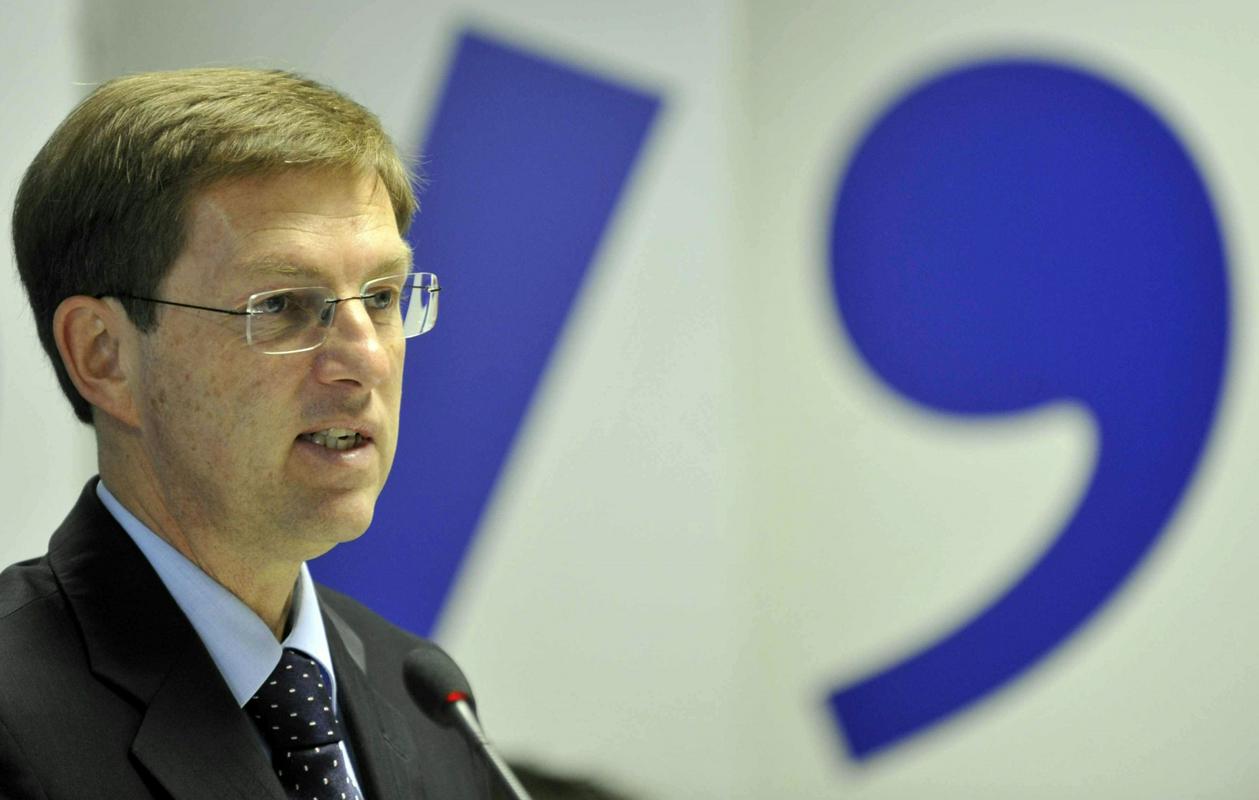
Cerar, in the United States to establish partnerships with top information and communication technology (ICT) companies, said Slovenia's economic outlook is stable but at risk if Europe does not address its largest mass migration since World War Two. "We hope this will be settled somehow soon because so far our economy was not affected, just to a little degree. If this continues, of course it can have some bad effects, not only just on Slovenia's economy, but on the European Union's economy too," Cerar said.
Since mid-October roughly 280,000 migrants passed through Slovenia, Cerar said, as they flee war in Syria and Afghanistan. Slovenia's economy grew 2.5 percent year-on-year in the third quarter and analysts expect it to fall short of the government's 2015 gross domestic product (GDP) target of 2.7 percent.
"Our growth will be a bit lower at the beginning of next year," Cerar said, explaining that new European Union funding would not arrive until the third quarter of 2016. "For that reason we will have lower growth in the next year because we will not be able to use all these funds for investments," he said, adding the target for 2016 is 2.3 percent GDP growth.
Cerar said Slovenia will meet EU rules with a budget deficit below 3 percent of GDP by year-end and he does not expect the state to have to give more capital to the once ailing banking sector.
Privatizing the state-owned telephone company, Telekom Slovenija, having failed to sell it in August, could be more than a year away. Cerar said the joint bid for Serbia's state-owned telephone company by Telekom Slovenija and U.S. private equity fund Apollo, was meant to make the Slovenian entity stronger "and in a few years might be much better to sell, because it is not in good shape." "With this cooperation (with Apollo) and if they buy Serbia Telecom (Telekom Srbija), they might become a very big player in this area and this might be good for Telekom (Slovenija) in a year or two," Cerar said.
On Tuesday in New York, Cerar signed a memorandum of understanding (MOU) with technology services company IBM Corp. He expects similar MOUs with Cisco Systems, EMC, Microsoft and Oracle to create a platform, with these U.S. companies, to help advance Slovenia's digital economy.
Reuters

































































